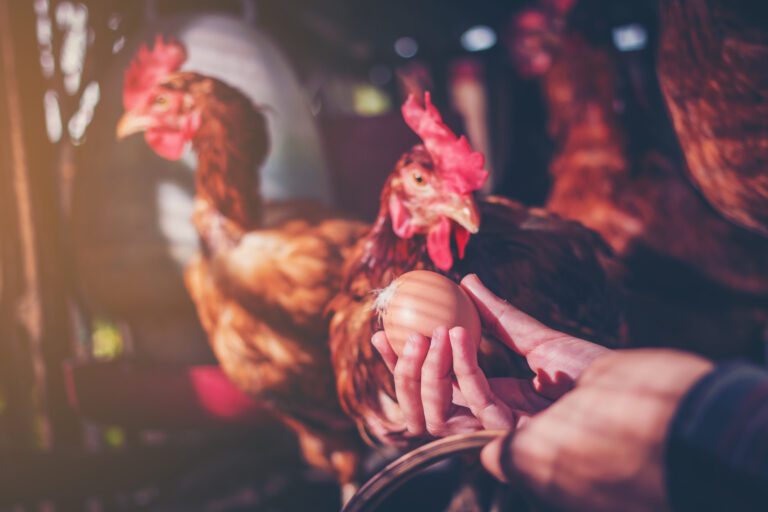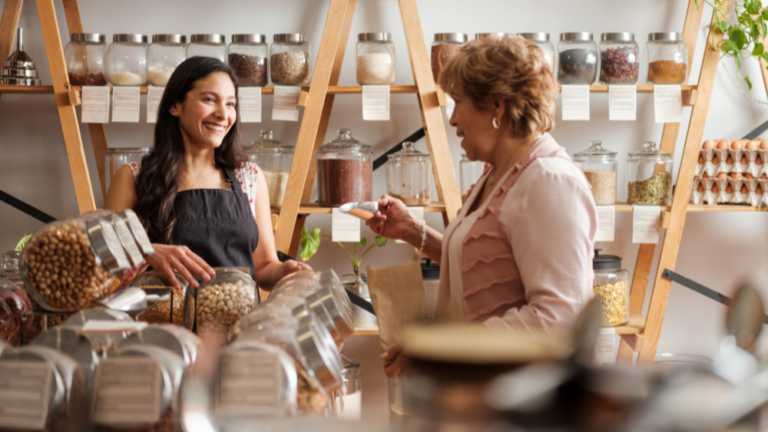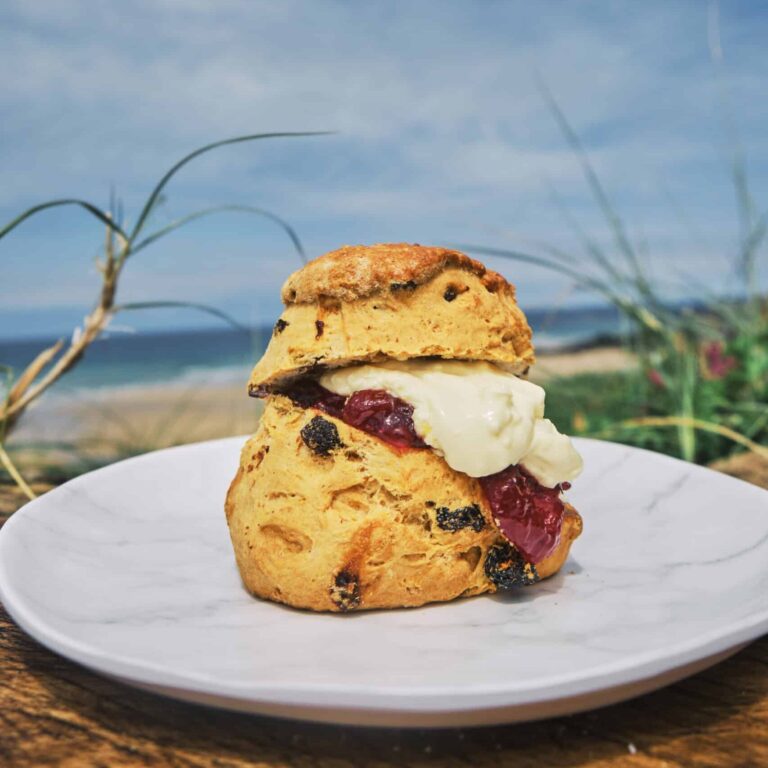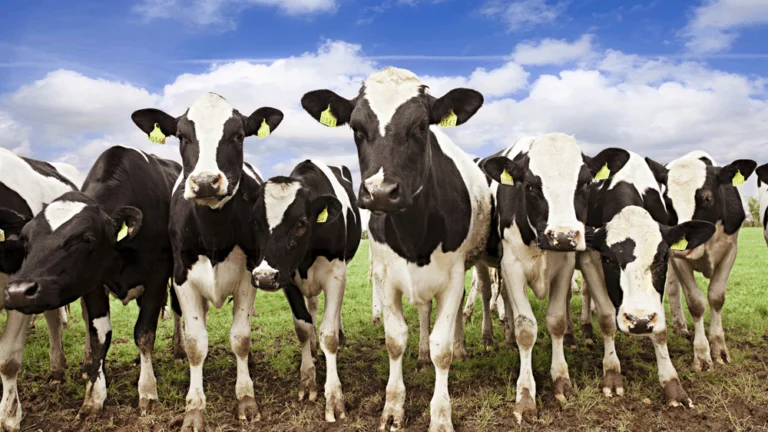
EU import bans and the Windsor Framework
Customs considerations for businesses in the food and drink sector
According to data released by the Food and Drink Federation (FDF), the industry saw a new high record number of food and drink exports in 2022. Juggling the day to day running of a food and drink business as well as planning for the future has required business owners to be both imaginative and innovative.
It is therefore key for businesses to remember that there remains strong market demand for GB products outside the UK. Innovative thinking, such as that employed by the sausage producers who have switched to exporting their products frozen to circumvent the chilled meat ban can be utilised to work around certain EU export blockers.
The first step is to identify the legal and customs hoops that need to be jumped through and from there, the world is your oyster!
What food and drink business should consider when exporting to the EU.
There are quite a few considerations and processes to go through especially when goods are being exported to the EU which businesses have had to adapt to. Government advice is available but we have condensed this into a quick check list:
- Labelling – Check the EU requirements, especially if your goods are organic!
- Origin – Confirm the origin of your product(s). This is needed for the labelling and to determine whether any duty costs will be incurred on the import into the EU, or if it is possible to claim preference under EU-UK Trade & Cooperation Agreement. Specific rules exist for determining product origin for customs purposes.
- Specific rules – It is key to research and understand the rules relating to the products you are exporting – for example if your goods contain products of animal origin you will need an Export Health Certificate (such goods must be checked at the border), whilst chilled meat and composite goods containing dairy products from unpasteurised milk cannot be exported to the EU at all.
- Alcohol – If you are selling alcohol, or products with alcohol content, there is excise duty to consider so ensure that you are aware of the customs procedures which may assist and ease this burden.
- Incoterms© – Ensure that you are aware of the agreed Incoterms© for your products and who is responsible for the respective export / import declarations, duties and import VAT.
- Commodity Codes – Familiarise yourself with the tariff commodity code for your goods. Again, there are special rules to follow to determine these and goods will incur restrictions, additional costs and be held up at the border if these are incorrect.
- EORI Number – An Economic Operators’ Registration and Identification number is required to export goods.
- Customs Agent – Find a good customs agent, freight forwarder or parcel operator to declare your goods correctly and ensure they reach your customer on time with no customs hold-ups. Please remember that the responsibility for submitting correct customs declarations ultimately rests with you!
The Windsor Framework
Countless businesses sought our assistance prior to January 2020 to try and prepare for the, as yet unwritten, EU-UK Trade & Cooperation Agreement. Much of this work focused on trying to factor in how to manage the importation of goods from the EU into the Republic of Ireland [ROI] and the UK, and vice versa. Finally, the end to the uncertainty surrounding the sale of food and drink to Northern Ireland from Great Britain appears to be in sight in the form of the Windsor Framework. This Framework puts in place a green channel that will allow food and drink that is being imported to, and for consumption within, Northern Ireland to reach its final destination without the need for multiple customs checks.
Businesses have shown support for the new Framework, not least those who faced their products banned from being imported into Northern Ireland, such as Heck Food following the EU ban on fresh sausage into Northern Ireland and Irish potato growers unable to import the seed potatoes they use to grow them.
We work closely with a number of clients who operate in the food and drink sector and we have extensive experience in helping them navigate the regulatory changes and ensuring customs and tax issues are avoided. If you require assistance in this area, our team of Customs and VAT specialists would be happy to help.
Written by












